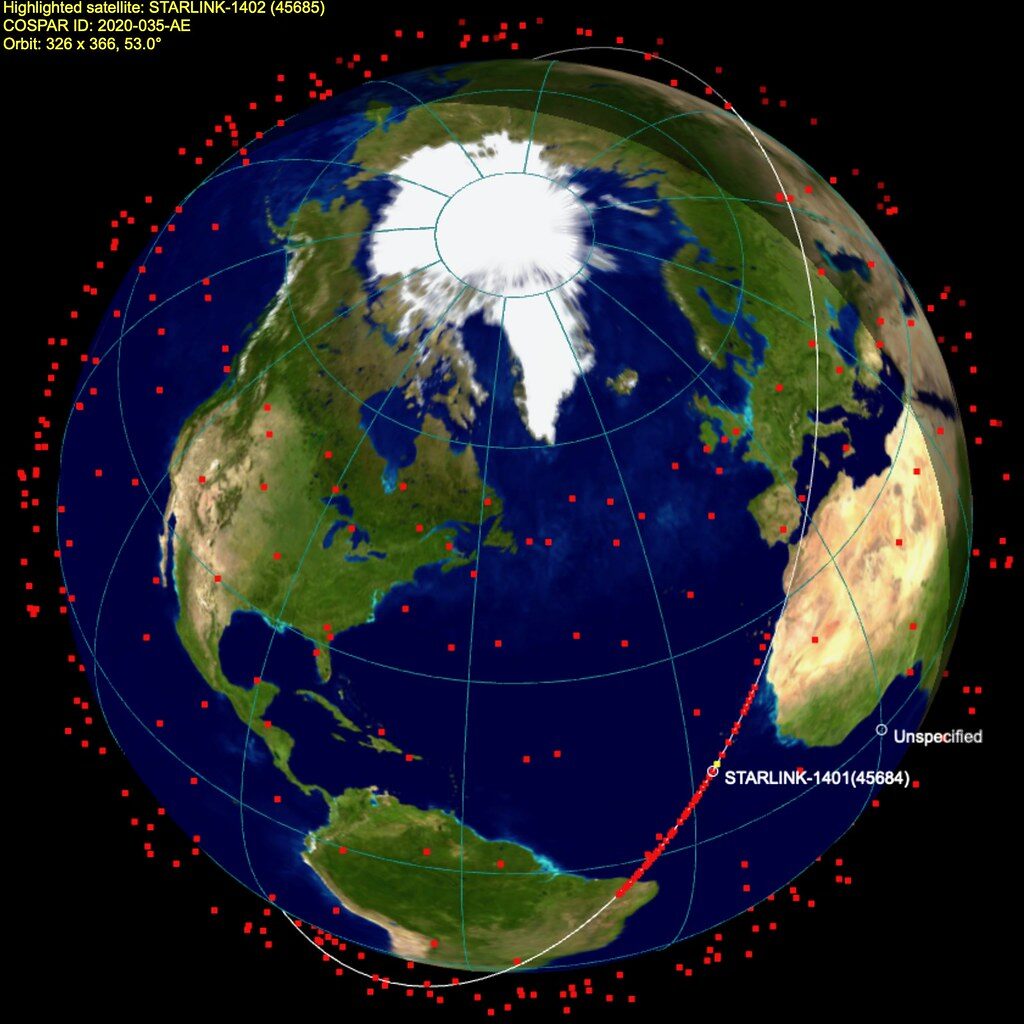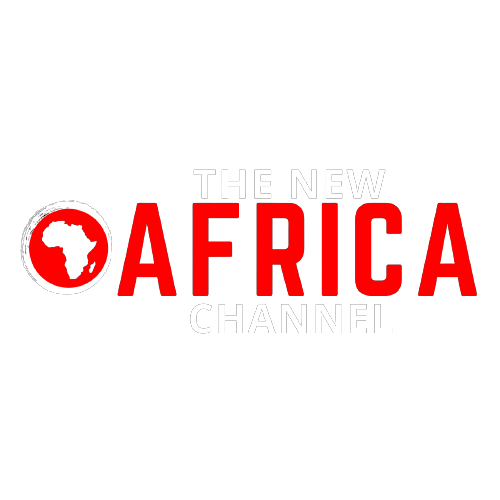SpaceX has announced intentions to launch its new Starlink satellite internet service in Africa later this year, with Nigeria as the first country to receive it. According to Mr. Ryan Goodnight, SpaceX’s Starlink Market Access Director for Africa, the company is working to obtain all necessary licenses to bring Starlink Satellite internet services to Nigeria, and a meeting with Nigeria’s Executive Vice-Chairman, Prof. Umar Danbatta, is planned for later this month.
The company confirmed that Starlink Satellite Internet Service will be launched in South Africa in 2022.
The South African Independent Communication Authority announced last month that it is in talks with SpaceX about giving Starlink a license to operate an Individual Electronics Communications Service in the country.
South African people can now pre-order the Starlink internet service on the company’s official website, despite the fact that the services are slated to begin next year in the country.
SpaceX launched Starlink as an internet service to boost internet coverage in rural and underserved locations throughout the world. Because Starlink’s satellites are over 60 times closer to Earth than traditional satellites, they have lower latency and can offer applications that aren’t possible with traditional satellite internet.
The Starlink satellite broadband constellation was launched by SpaceX in 2015. The first prototypes were put into orbit in 2018, and 60 operational satellites were deployed the following year. As of mid-April 2021, SpaceX claims to have launched over 1,400 tiny satellites into orbit, reaching a height of 550 kilometers. Africa, with a population of 1.2 billion people, is the world’s youngest continent, with the greatest urbanization rate and home to six of the ten fastest-growing economies. However, the continent is currently behind the rest of the world in terms of the high-speed internet infrastructure, with the World Bank reporting only 22% accessibility to a stable high-speed connection, across the continent. Many experts believe SpaceX Starlink satellite technology, could prove transformative in delivering high-quality internet directly to consumers in Africa, especially in remote and rural areas.
SpaceX announced in an official statement that it has been in talks with the Nigerian Communications Commission for about a year to start the process of obtaining all necessary permits to launch its satellite-based broadband service, in the West African country. Nigeria. After making significant headway in the initial negotiation, the commission authorized SpaceX’s request for a face-to-face meeting to obtain a better understanding of the prospects.
The Starlink internet service is now in beta in the United States, Canada, the United Kingdom, Germany, Poland, New Zealand, and Australia, and provides for intermittent internet connectivity during periods of network testing.
As an alternative to cable-based fibre networks, Starlink satellites broadcast high-speed broadband internet down to receivers. This is especially essential for persons living in rural areas with limited access to fiber. With just roughly 1,300 satellites launched as of February, “customers can expect data speeds ranging from 50 Megabits per second to 150Mbps and latency ranging from 20 to 40 milliseconds,” according to Starlink.
Elon Musk, the SpaceX founder, said in an interview that the speed will be boosted to 300Mbps and the latency will be lowered to 20ms later this year. He also stated that Starlink plans to cover the majority of the populated Earth by the end of 2021, and the entire planet by 2022. Thereafter, it would be “about densifying coverage”. Starlink plans to establish a network of roughly 42,000 satellites in orbit by 2027. Only 12,000 satellites have been licensed by the Federal Communications Commission and the International Telecommunication Union.
Customers that pay a refund currently have priority access. This contribution ensures that they will have first access to the Starlink Kit when it becomes available in their location. A Wi-Fi router, power supply, cables, and a mounting tripod are all included in this Starlink Kit. The cost of this equipment varies depending on where you live. This kit is projected to cost $499 in the United States, and $705 in the United Kingdom. The price for the African continent has yet to be revealed, particularly for clients in Nigeria and South Africa, where services will be released soon. Customers must pay a monthly charge in addition to the Starlink kit, which is presently $99 in the United States. Although the Starlink technology is being hailed as a game-changer for internet access on the African continent, some critics are challenging its cost, which they argue is too high for Africans, and are calling for regional price modifications to make the technology more broadly available.
Facebook and other of the world’s top telecom carriers, notably China Mobile Ltd, have taken critics’ recommendations to deploy the internet in traditional ways, particularly in underdeveloped countries. In May 2020, Facebook stated that it would collaborate with top African and worldwide operators to develop 2Africa, the most complete undersea cable covering the African continent and the Middle East area, for a total cost of $1 billion. According to China Global Investment Tracker, Chinese technology investments and contracts in Sub-Saharan Africa are estimated to total $7.19 billion between 2005 and 2020, with Huawei and Z T E establishing over 40 3G networks in over 30 African countries. They’ve also completed national fiber-optic networks in a number of African countries.












